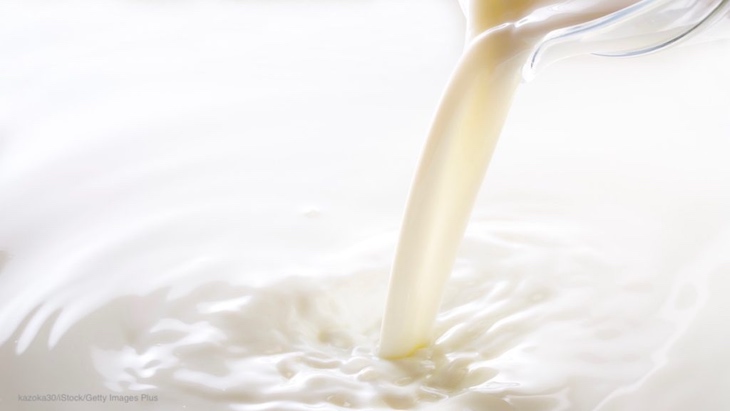A Pennsylvania camp Yersinia outbreak in 2019 was linked to pasteurized milk that was produced and pasteurized at a small local dairy in the northeastern part of the state. Cases occurred in campers, camp staff, and community members who were not affiliated with the camp. One hundred nine people were sickened, and seven people were hospitalized.

This was only the sixth Yersinia enterocolitica outbreak reported worldwide in association with pasteurized milk. Four of these outbreaks were at small dairies conducting on-site pasteurization.
Five clinical isolates from camp members, two from community members, and nine isolates from unpasteurized milk from the dairy were indistinguishable using whole genome sequencing. The risk for yersinosis among camp staff who drank the dairy’s milk was 5.3 times the risk for those who did not. The dairy only sold pasteurized milk, so it was considered the outbreak source.
Yersinia enterocolitica is a zoonotic bacteria (passes from animals to humans) that causes illness most frequently through contaminated food. Previous outbreaks have been associated with raw or undercooked pork, and unpasteurized and pasteurized milk. This illness is a reportable condition in 38 states, but it is not a nationally reportable condition. It is not a reportable condition in Pennsylvania.
In this Pennsylvania camp Yersinia outbreak, in July 12, 2019 a youth summer camp in Pennsylvania reported illnesses among four campers to the Pennsylvania Department of Health. At the same time, cases of Yersinia food poisoning were reported by the local hospital laboratory. Interviews with patients established that they consumed milk from the dairy. And the dairy provided weekly shipments of milk to the camp.
Illness onset dates ranged from June 7, 2019 to July 26, 2019 and the median patient age was 15. Symptoms included abdominal pain, fever, and headache. Several patients also had diarrhea. Two patients experienced extraintestinal abscesses.
Laboratory testing revealed that all three unpasteurized milk samples collected from the dairy’s bulk tank were contaminated with Yersinia enterocolitica. The bacteria was not found in any unopened pasteurized milk samples, from the environment, or in well water samples. Seven clinical samples from campers and community members yielded Y. enterocolitica bioserotype 1B/O.8. The human and unpasteurized milk isolates were indistinguishable by whole genome sequencing.
There are two reasons why the pathogen was not found in the pasteurized milk samples. First, the contaminated milk may have all been consumed by the time testing occurred. In addition, the samples may have been contaminated but with low levels of the pathogen, making it uncultivable. Sensitivity of culture methods for this pathogen is low.
The scientists concluded that contamination most likely occurred in one of two ways. First, raw milk at the dairy may have cross-contaminated pasteurized milk during the pasteurization process. The pasteurizer plates had been used for ten years and there may have been leaks in it, allowing for cross-flow contamination between the raw and unpasteurized milk. Second, widespread contaminated of the facility environment may have caused the post pasteurization contamination.
The authors recommend that governmental agencies and small dairies that conduct on-site pasteurization collaborate to develop additional outbreak prevention strategies. And the Pennsylvania DOH plans to make Yersinia a reportable condition to improve outbreak detection and response timeliness.




